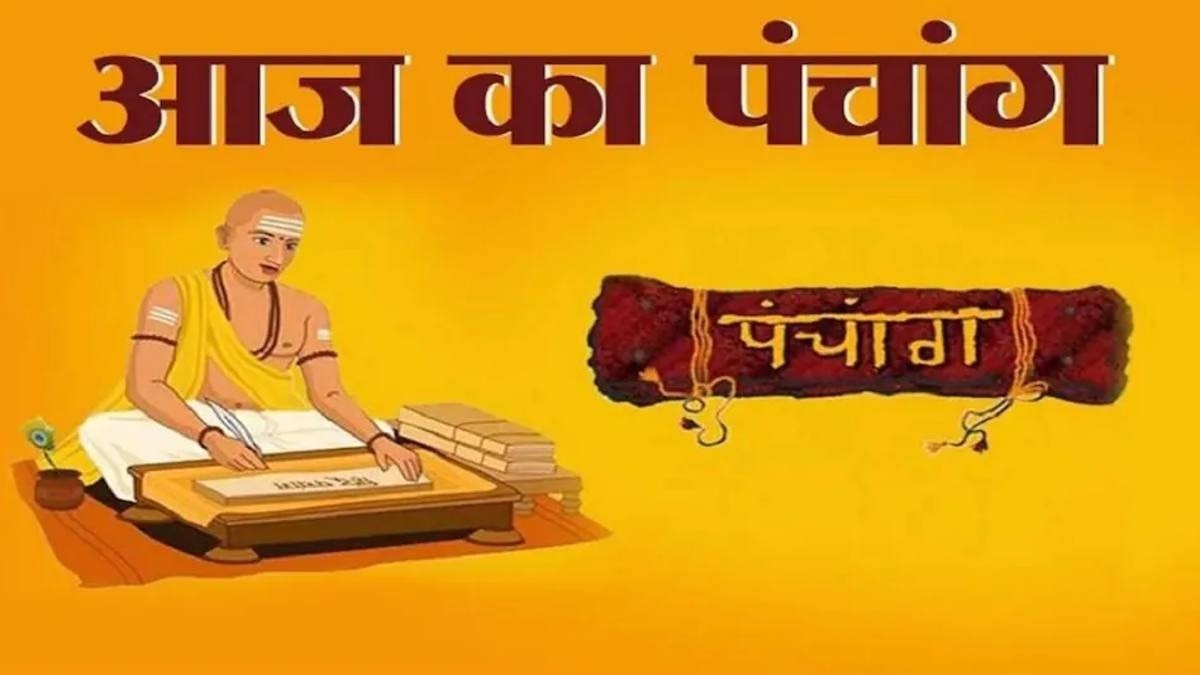The Hindu calendar, known as the Panchang, offers a detailed daily guide to auspicious and inauspicious times for various activities. Here’s a breakdown of the events and timings for August 31, 2024, based on the provided Panchang information:
Key Dates and Times for August 31, 2024
Lunar Calendar:
- Vikram Samvat: 2081
- Pingal Shaka Samvat: 1946
- Krodi Poornima: In progress
- Bhadra Amaant: Shravan month
- Tithi: Krishna Paksha Trayodashi until 03:40 AM on September 1st.
Nakshatra and Yoga:
- Nakshatra: Pushya until 07:39 PM
- Yoga: Variyan until 05:39 PM.
Sunrise and Sunset:
- Sunrise: 5:59 AM
- Sunset: 6:43 PM
Moonrise and Moonset:
- Moonrise: 4:08 AM
- Moonset: 5:25 PM
Auspicious and Inauspicious Times
This day carries specific timings associated with good and bad omens. Understanding these times can help you plan daily activities:
Inauspicious Times:
- Rahukaal: 09:10 AM to 10:45 AM. Rahukaal is an inauspicious period best avoided for starting important endeavors.
- Yama Gand: 01:57 PM to 03:32 PM. Similar to Rahukaal, it’s considered an unfavorable time for commencing ventures.
- Kulik: 05:59 AM to 07:34 AM. This period is also inauspicious for important actions.
- Durmuhurt: 05:59 AM to 06:50 AM and 06:50 AM to 07:41 AM. These specific time slots are generally considered inauspicious.
Auspicious Times:
- Abhijit Muhurt: 11:56 AM to 12:47 PM. Abhijit Muhurt is an auspicious time, especially suitable for new beginnings, ceremonies, and endeavors.
- Amrit Kaal: 12:48 PM to 02:31 PM. This period is particularly auspicious for various activities, especially related to health and well-being.
- Brahma Muhurt: 04:29 AM to 05:13 AM. This early morning period is considered highly auspicious for spiritual practices and contemplation.
Take Away Points
- This Panchang analysis highlights the significant dates, times, and events for August 31, 2024.
- Understanding the specific timings of auspicious and inauspicious periods can be beneficial for planning daily activities, especially important events or ceremonies.
- The Panchang offers a valuable tool for guiding religious practices and decisions based on the ancient Hindu traditions.
This information should be used for guidance and informational purposes. The Panchang is a tool for understanding ancient beliefs and rituals. Individual decisions should be made based on personal faith, understanding, and careful consideration.




